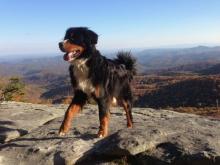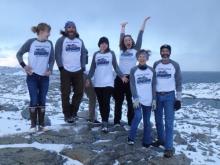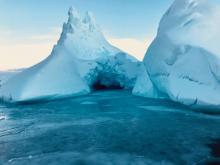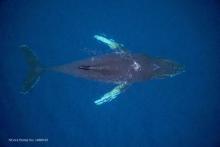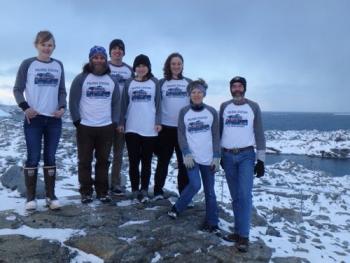Update
Now Archived! PolarConnect Event with Keith Smith and the Chemical Ecology of Shallow Water Marine Communities Team live from Palmer Station on Wednesday, 29 May 2018. You can access this and other events on the PolarConnect Archives site.
What Are They Doing?
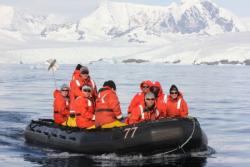
Where Are They?
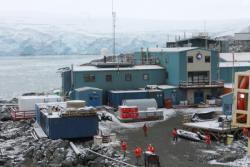
Latest Journals

Charles Amsler is a professor of Marine Ecophysiology and Chemical Ecology at the University of Alabama at Birmingham. The research that he conducts with his students is centered on several areas, but most involve chemical interactions between organisms or ways in which organisms perceive, respond to, or otherwise interact with their chemical environment. Dr. Amsler is very involved with educational outreach by regularly making presentations on Antarctica to K-12 classrooms and other groups (local science museums, etc.).

